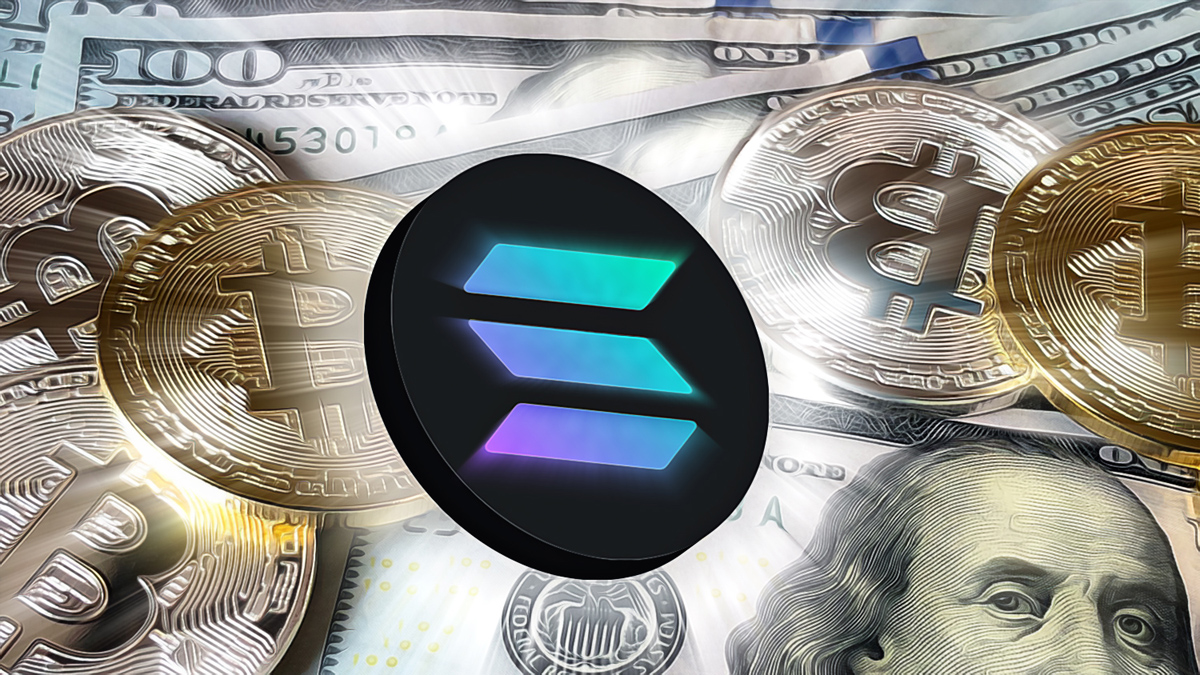South Korea is tightening regulations in the cryptocurrency sector, with Apple making a significant move. The country’s top financial authority announced that access to 14 foreign cryptocurrency platforms operating illegally will be blocked from the App Store. Major platforms, including KuCoin and MEXC, will no longer be accessible from South Korea, and existing users will not be able to update their applications.
Access Blocked for Cryptocurrency Apps
The Financial Services Commission (FSC) of South Korea revealed that as of April 11, Apple has restricted the availability of these applications within the country. This decision was made at the request of the Financial Intelligence Unit (FIU). The announcement clarified that users will be unable to download these applications or receive updates for their current versions.

The blocked applications include KuCoin, MEXC, and 12 other international cryptocurrency platforms. These same applications were also restricted on Google Play Store on March 25. Authorities emphasize that illegal activities pose risks regarding user safety and the fight against financial crimes.
According to South Korean laws, foreign cryptocurrency service providers must register with the FIU before operating in the country. Companies that fail to meet this requirement face serious penalties, including up to five years in prison or fines of up to 50 million South Korean won (approximately $35,000).
South Korea has long aimed to make its local cryptocurrency market more transparent and secure. Thus, punitive measures against illegal cryptocurrency platforms are increasing. However, discussions are also underway to relax some regulations to allow local banks and exchanges to better serve institutional investors.
Banks Prepare for Cryptocurrency Collaboration
While regulatory agencies in South Korea enforce strict oversight, they are also working on reforms to facilitate traditional financial institutions’ entry into the cryptocurrency world. Major banks in the country are particularly seeking legislative flexibility to offer cryptocurrency services to corporate clients.
Recent developments in South Korea indicate that the country aims to control its local cryptocurrency market while remaining open to financial innovations. Local players argue that the lack of regulation for foreign cryptocurrency platforms poses threats to both investors and the industry.

 Türkçe
Türkçe Español
Español








